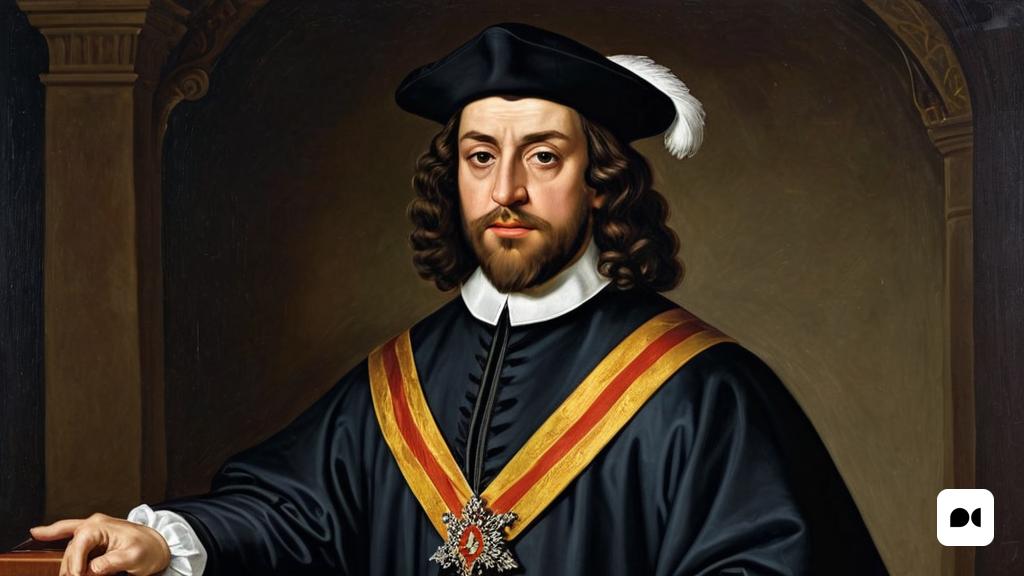Historical Context: Revolution and Power Changes
Today marks the 384th anniversary of a crucial event in the history of Catalonia. In the midst of the Reaper Revolution, in 1640, King Felipe IV decided to appoint a new viceroy for Catalonia: García Gil de Manrique y Maldonado. This appointment took place in a period marked by political and social changes that changed the course of the territory.
García Gil de Manrique: A Key Figure
Gil de Manrique, a man with a remarkable career, had held several important positions, including that of the bishop of Barcelona since 1633. His training and linguistic knowledge, which included Catalan, allowed him to connect with the Catalan bourgeoisie and establish bridges beyond the limitations of his Castilian origin.
Mysterious Deaths: A Scenario of Violence
His arrival in Catalonia was not at all simple; he was to succeed two viceroys who had met a tragic death within a short period. Dalmau de Queralt was killed in a tumultuous incident and Enrique of Aragon-Cardona died in obscure circumstances, with suspicions of a military plot surrounding him.
The King’s Expectations: Control Strategies
Felipe IV wanted to control the growing tensions in Catalonia, where the atmosphere was increasingly hostile. The selection of Gil de Manrique not only responded to the need to maintain order, but was a calculated move to prevent violence from spreading and justifying a military intervention. The king knew that the new viceroy would be less likely to intervene harshly, a maneuver that could lead to an escalation of conflict.
Rising Tension: The Call to Action
But the monarch’s expectations did not materialize. During August 1640, tensions intensified, and Gil de Manrique maintained a position that was criticized in Madrid. The perception of an ‘absence of central power’ led Felipe IV to issue a formal letter to the Generalitat, documenting a series of complaints and, de facto, declaring war on Catalonia.
Catalonia’s Uncertainty
The events of that time established a path that would lead to the Catalan revolt. The atmosphere of distrust and discontent was preparing the ground for the power struggles and aspirations for autonomy that would mark the coming centuries.
Reflections on History and the Future
The study of these historical facts reminds us how political decisions can have profound repercussions on the social stability of a territory. The story of Gil de Manrique, and his appointment, is an indication that power dynamics are as complex as they are varied. Today, in remembering these transformations, we can contemplate the lessons it offers us about the interaction between power, politics and national identity.

